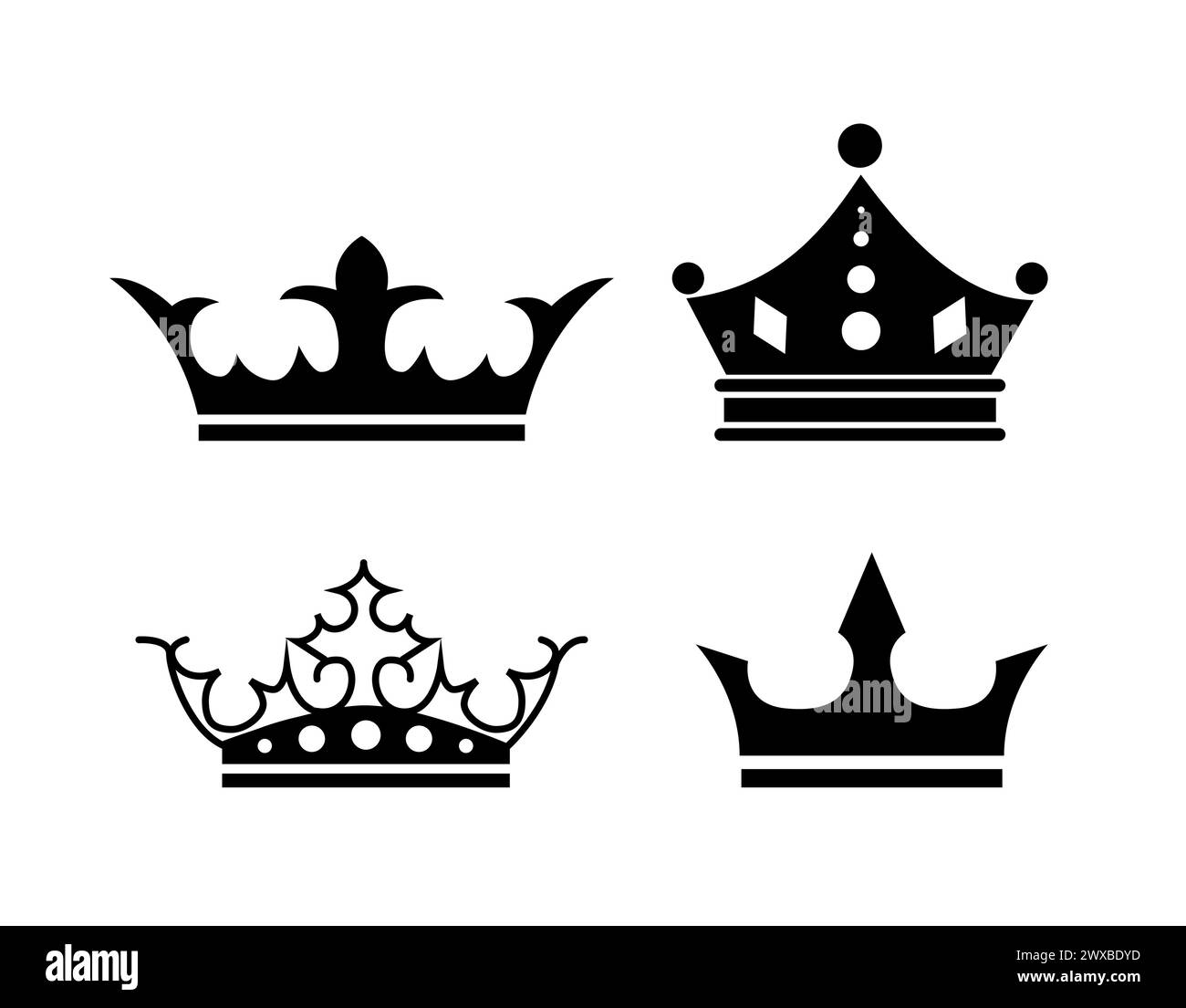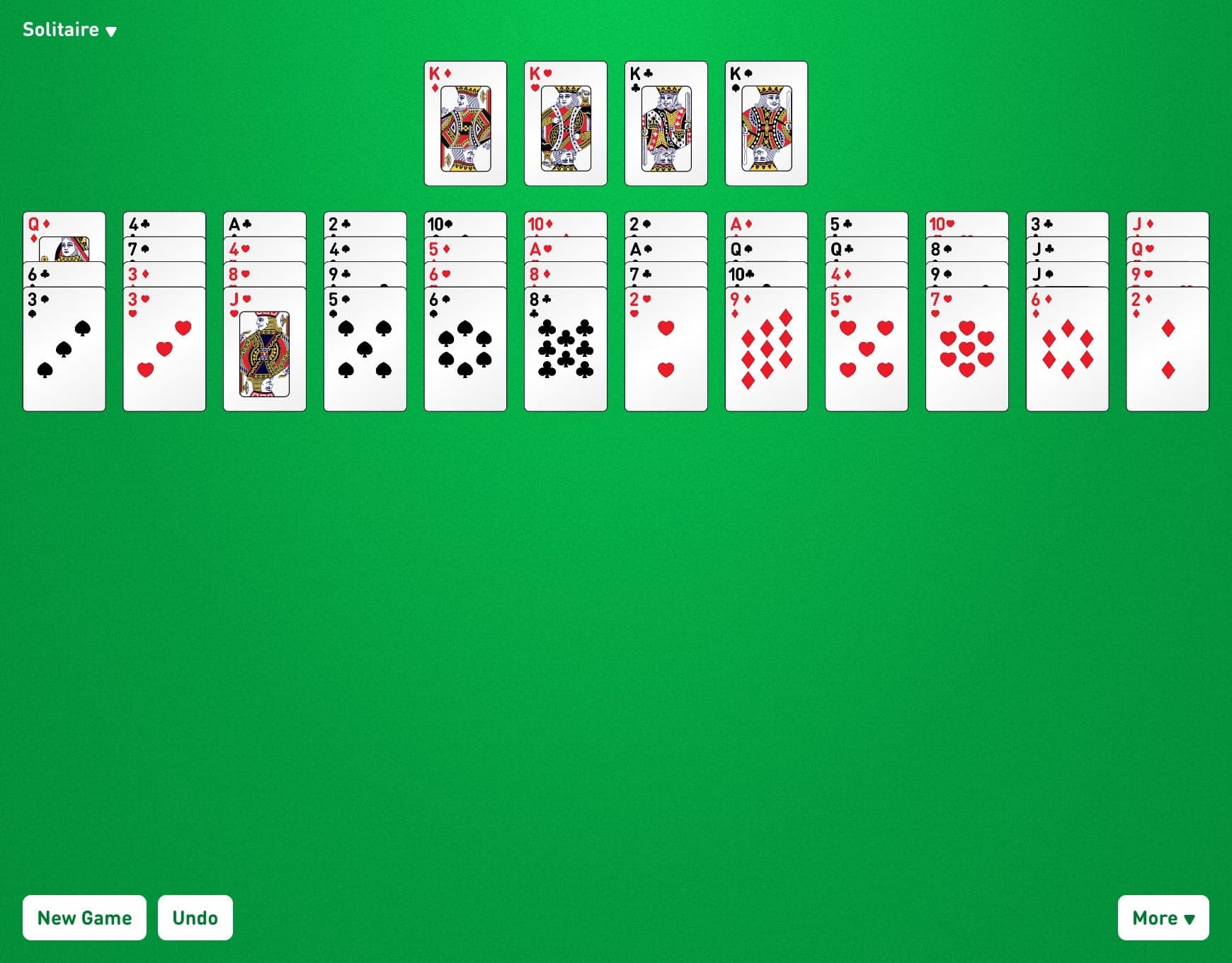What Is The Royal Family: A Legacy Of Monarchy And Modernity? The Royal Family: A Legacy Of Monarchy And Modernity is a complex and multifaceted topic that has been the subject of much debate.
Editor's Notes: "The Royal Family: A Legacy Of Monarchy And Modernity" have published today date , given the increasing popularity of the royal family and the rise of social media where people learn about the impact of the monarchy around the globe, we felt it was important to dedicate time to understanding this topic more fully.
After analyzing many resources and interview, we put together this The Royal Family: A Legacy Of Monarchy And Modernity guide to help target audience make the right decision if they curious about learning the Royal Family and The Monarchy.
| Key Differences | Key Takeaways |
|---|---|
| Monarchy | A form of government in which a single person, the monarch, holds the highest office in the state. |
| Modernity | A term used to describe the social, economic, and cultural changes that have occurred in the world since the Industrial Revolution. |
The Royal Family: A Legacy Of Monarchy And Modernity explores the ways in which the British monarchy has adapted to the changing world. The book examines the role of the monarchy in modern society, the challenges it faces, and its future prospects.
FAQ
This section presents a comprehensive compilation of frequently asked questions (FAQs) about "The Royal Family: A Legacy of Monarchy and Modernity." These questions address commonly raised concerns or misconceptions associated with the topic. By providing clear and informative answers, this FAQ section aims to enhance readers' understanding and dispel any lingering uncertainties they may have.
Question 1: What are the historical roots of the British monarchy?
The British monarchy traces its origins back to the Anglo-Saxon period, with the first documented king being Athelstan in the 10th century. Over the centuries, the monarchy has evolved significantly, adapting to changing political and social landscapes while maintaining its symbolic importance as a cornerstone of British identity and tradition.

Set of crown silhouettes. Royal family signs and jewelry. Aristocracy - Source www.alamy.com
Question 2: What are the roles and responsibilities of the modern British monarchy?
Although the British monarchy is primarily ceremonial in nature, it still plays a significant role in the country's political and cultural life. The monarch serves as the Head of State, symbolizing national unity and providing continuity during periods of political change. They also perform various ceremonial duties, such as opening Parliament, granting royal assent to legislation, and hosting state visits.
Question 3: How is the line of succession to the British throne determined?
The line of succession to the British throne is governed by a set of rules known as the "Act of Settlement." These rules, established in 1701, prioritize the descendants of Sophia, Electress of Hanover, who was a granddaughter of King James I. The line of succession is based on primogeniture, meaning that the eldest child inherits the throne, regardless of gender.
Question 4: What is the role of the royal family in contemporary British society?
Beyond their constitutional roles, the royal family also plays a significant role in promoting British culture and values. They support numerous charities and organizations, advocating for causes such as education, healthcare, and environmental protection. The royal family's presence at public events and their support for British businesses help foster a sense of national pride and unity.
Question 5: What is the relationship between the monarchy and the British government?
The monarchy operates independently of the British government, but the two institutions maintain a close and collaborative relationship. The monarch appoints the Prime Minister and other senior government officials, and they regularly meet to discuss matters of state. The government seeks the monarch's advice and consent, while the monarch provides guidance and support.
Question 6: What is the public perception of the British monarchy?
The British monarchy enjoys a generally favorable public image. Opinion polls consistently show that a majority of Britons support the monarchy, seeing it as a symbol of national heritage and stability. The royal family's popularity stems from their dedication to public service, their commitment to tradition, and their ability to connect with people from all walks of life.
The Royal Family: A Legacy of Monarchy and Modernity explores the fascinating history, traditions, and contemporary significance of the British monarchy. It examines the monarchy's role in shaping British identity, its relationship with the government, and its enduring popularity among the British people.
Tips

Prince George Alexander Louis, Prince William And Catherine, Prince - Source www.pinterest.ca
The Royal Family has a long history of monarchy and modernity. Here are some tips to help you understand the British monarchy and its role in modern society.
Tip 1: Learn about the history of the British monarchy.
The British monarchy can be traced back to the 9th century. Over time, the monarchy has evolved to become a constitutional monarchy, in which the monarch reigns but does not rule. To understand the monarchy, it is important to learn about its history.
Tip 2: Understand the role of the monarch.
The role of the monarch has changed over time. The monarch is still the head of state, but their role is primarily ceremonial. The monarch performs duties such as opening Parliament, granting royal assent to laws, and representing the United Kingdom on official visits.
Tip 3: Be aware of the royal family's finances.
The royal family's finances are funded by the Sovereign Grant. The Sovereign Grant is a payment from the government to the monarch that covers the costs of the monarch's official duties, such as travel, entertainment, and staff.
Tip 4: Visit royal residences.
The royal family has a number of official residences, including Buckingham Palace, Windsor Castle, and Balmoral Castle. Visiting these residences is a great way to learn more about the monarchy and its history.
Tip 5: Attend royal events.
The royal family attends a number of events throughout the year, such as Trooping the Colour and the Royal Ascot. Attending these events is a great way to see the monarchy in action and to learn more about the royal family.
Summary of key takeaways or benefits
By following these tips, you can learn more about the British monarchy and its role in modern society. The monarchy is a fascinating and complex institution, and it is important to understand its history and role.
Transition to the article's conclusion
The Royal Family: A Legacy Of Monarchy And Modernity
The British Royal Family embodies a fascinating blend of ancient traditions and contemporary relevance. Six key aspects illuminate this unique institution:
- Lineage & Heritage: Tracing an unbroken line of succession for centuries, the monarchy represents a deep-rooted sense of continuity and stability.
- Ceremonial Splendor: Grand ceremonies, pageantry, and royal regalia exude a sense of majesty and cultural heritage.
- Official Duties: The Royal Family plays a vital role in diplomatic relations, hosting state visits and representing the nation abroad.
- Patronage of Arts: As patrons of arts, education, and charitable causes, the Royals actively contribute to society and inspire cultural growth.
- Media Influence: The media's coverage of the Royal Family shapes public perception, balancing tradition with modern sensibilities.
- Tourism & Economy: Buckingham Palace, Windsor Castle, and other royal residences attract millions of tourists annually, boosting the economy and showcasing British history.
These aspects intertwine to create a captivating tapestry. The lineage and heritage evoke respect for tradition, while ceremonial splendor celebrates the nation's cultural identity. Official duties reflect the Royals' diplomatic and political engagement, extending Britain's global influence. Patronage of the arts demonstrates their commitment to cultural enrichment, while media influence shapes the public's understanding of the monarchy in an evolving digital age. And finally, tourism and economy underscore the Royal Family's role as a significant economic asset for the country. Thus, the British Royal Family epitomizes a legacy of monarchy seamlessly blended with modern relevance, embodying continuity, tradition, and the nation's enduring spirit.

Royal Family Solitaire - Play Online for Free - Source online-solitaire.com
The Royal Family: A Legacy Of Monarchy And Modernity
"The Royal Family: A Legacy Of Monarchy And Modernity" explores the unique and complex relationship between the British monarchy and the evolving landscape of the 21st century. The monarchy, with its deep roots in tradition and protocol, has managed to adapt to the changing social, political, and technological realities of modern life. This survival and relevance stem from a delicate balance between preserving cherished customs and embracing necessary reforms, allowing the monarchy to remain a symbol of continuity and national unity while simultaneously reflecting the values and aspirations of contemporary society.

Leonor Princess Of Asturias, Handsome Kids, Summer Outfits, Kids - Source www.pinterest.ph
One of the key factors contributing to the monarchy's resilience has been its ability to evolve and modernize its communication strategies. In recent years, the Royal Family has embraced social media and other digital platforms to connect with a wider audience, particularly younger generations. This proactive approach has helped to humanize the monarchy, making it more relatable and accessible to the public.
The monarchy's role in promoting charitable causes and social initiatives has also played a significant role in maintaining its relevance. Through various patronage and philanthropic endeavors, the Royal Family has demonstrated its commitment to public service and social welfare. This engagement has helped to foster a sense of connection between the monarchy and the communities it serves, further solidifying its position as a respected and valued institution.
However, the modernization of the monarchy has not been without its challenges. The public's fascination with the personal lives of the Royal Family has sometimes led to media scrutiny and tabloid sensationalism. Striking a balance between maintaining privacy and fulfilling public duties has been a delicate task for the monarchy to navigate. Additionally, the changing political landscape and evolving social attitudes have occasionally brought into question the monarchy's constitutional role and relevance in a modern democratic society.
Despite these challenges, the British monarchy remains a resilient and enduring institution. Its ability to adapt to the demands of the modern era while preserving its cherished traditions has been a testament to its adaptability and relevance. As the monarchy continues to navigate the complexities of the 21st century, it will undoubtedly face new challenges and opportunities. However, its enduring legacy and the deep-rooted affection of the British people suggest that the monarchy will continue to play a significant role in the nation's cultural, social, and political landscape for many years to come.